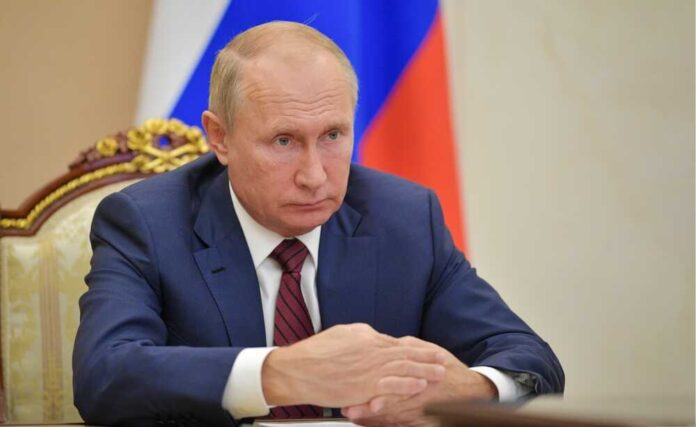One-third of Moscow’s crude oil exports must pass via the confined waterways of the Nordic countries to reach international markets, and the EU is mulling a fresh assault on this industry. Danish authorities have been asked to watch for oil tankers transporting Russian crude via its territory that do not hold insurance from a Western insurer.
On Wednesday, the Financial Times quoted European sources on Wednesday that Denmark has been asked to monitor and potentially prohibit vessels bringing Russian oil through its seas.
European Union member states have been trying to squeeze Russia’s oil export economy since it invaded Ukraine in full force in February 2022, but Moscow has kept its massive earnings thanks to several sanctions-busting techniques.
Around a third of all oil exported by Russia travels this route by water, accounting for around 1.5% of world supplies. The ports of Primorsk and Ust-Luga on the eastern Baltic Sea, near St. Petersburg and the Baltic Fleet naval base on Kronstadt, are where Moscow’s prized Urals oil is carried. The fleet’s headquarters are located in the exclave of Kaliningrad, where the tankers will pass by on their way.
In this regard, the Danish Straits constitute a possible choke point for Russian crude shipments, albeit only if the claimed proposal progresses from discussion to action. Danish Defense Official Says to FT: “In brief, we don’t inspect papers or ships going or sailing through the straits unless it concerns safety at sea.”
One such tactic is the employment of “ghost ships,” which are insured in countries outside of the West but disable their AIS to evade detection.
The Danish Straits are a group of five small waterways flowing between Denmark and Sweden that connect the Baltic Sea with the North Sea, and the FT reports that EU negotiations are ongoing for Denmark to inspect Russian vessels there.
After the admission of Finland and the projected accession of Sweden to the alliance, some officials have begun to refer to the Baltic Sea as the “NATO Lake,” any additional limits there might increase tensions between Moscow and its Western opponents.


















